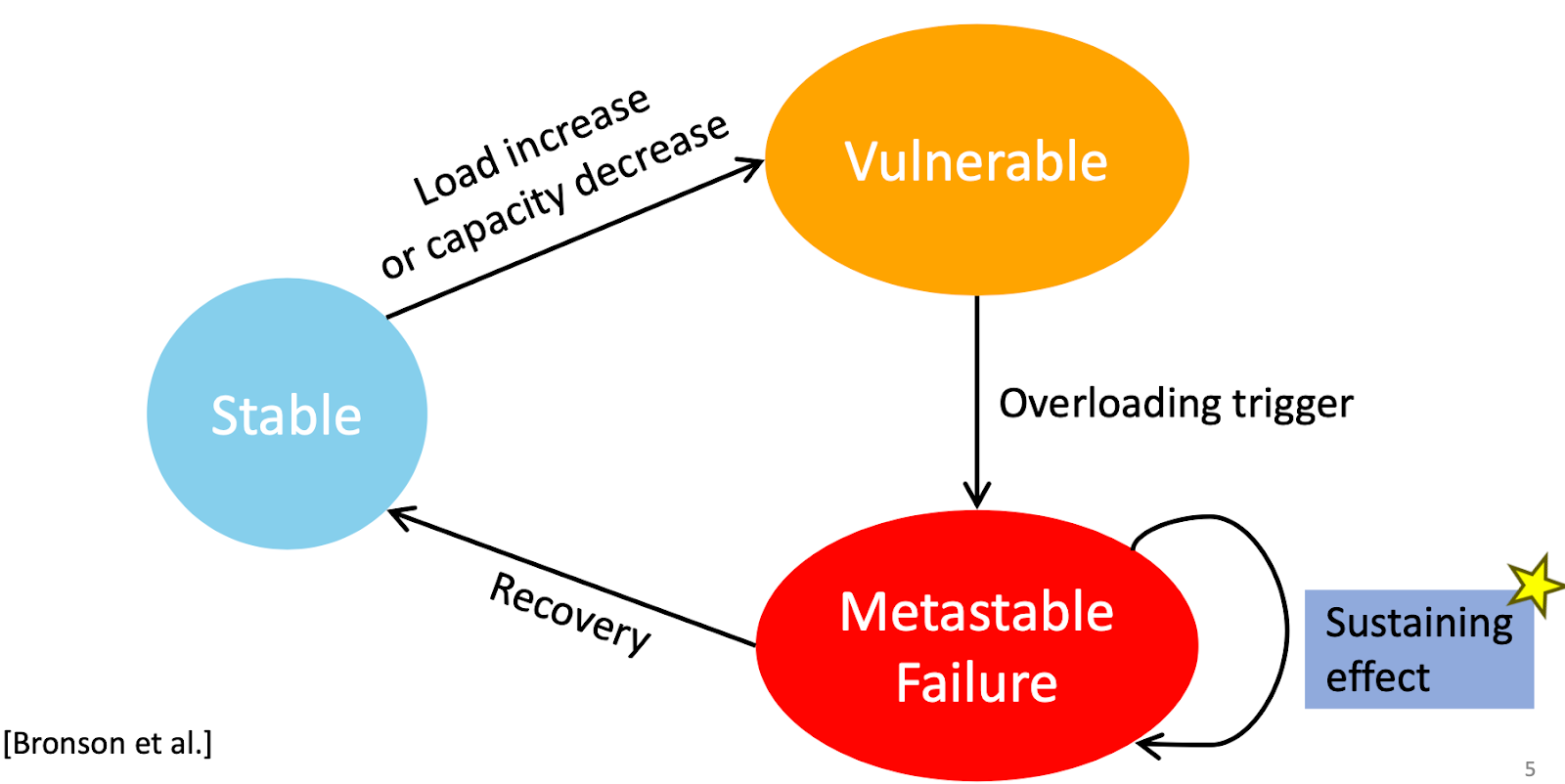Azure Cosmos DB: Microsoft's Cloud-Born Globally Distributed Database

It has been almost 9 months since I started my sabbatical work with the Microsoft Azure Cosmos DB team. I knew what I signed up for then, and I knew it was overwhelming. It is hard not to get overwhelmed. Cosmos DB provides a global highly-available low-latency all-in-one database/storage/querying/analytics service to heavyweight demanding businesses. Cosmos DB is used ubiquitously within Microsoft systems/services, and is also one of the fastest-growing services used by Azure developers externally. It manages 100s of petabytes of indexed data, and serves 100s of trillions of requests every day from thousands of customers worldwide, and enables customers to build highly-responsive mission-critical applications. But I underestimated how much there is to learn about, and how long it would be to develop a good sense of the big picture. By "developing a good sense of the big picture", I mean learning/internalizing the territory myself, and, when looking at the terrain, bei





